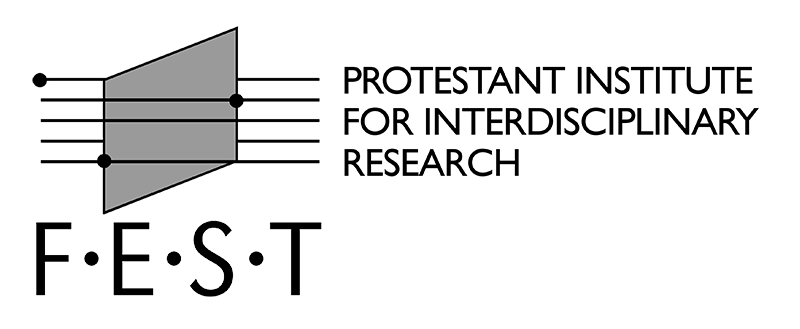function
Identifiers (Article)
Abstract
Organs, tissues, cells as well as biochemical components of living beings are ascribed functions. When talking about functional limitations and malfunctions, functions are referred to a norm. In such normative assessments of the performance of components of a system, biology differs fundamentally from physics, which has dispensed with this since the Renaissance. Understanding this feature of biology requires a more detailed explanation of the concept of function. Conceptions of this range from approaches that ground the functional status on the evolutionary emergence of a trait, to those that take the contribution to the integrity of an organism as the sole criterion for functionality, to approaches that see the reason for the use of functional statements in the peculiarity of biology to consider living beings as organisms and not merely as physical-chemical systems. At different phases of biological theorising and in different sub-disciplines, however, this consideration is justified in different ways. This raises the question of whether the concept of function can be unified or must be explained in theory-relative terms.
Statistics

License

This work is licensed under a Creative Commons Attribution-NoDerivatives 4.0 International License.


